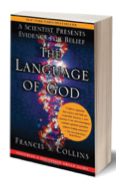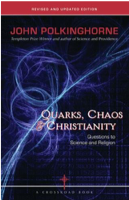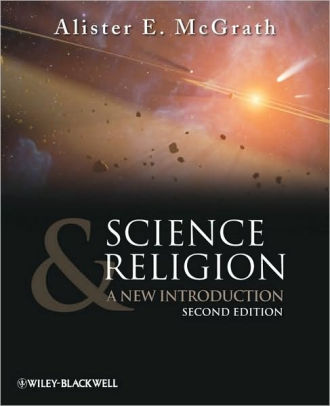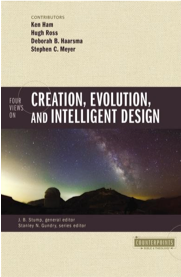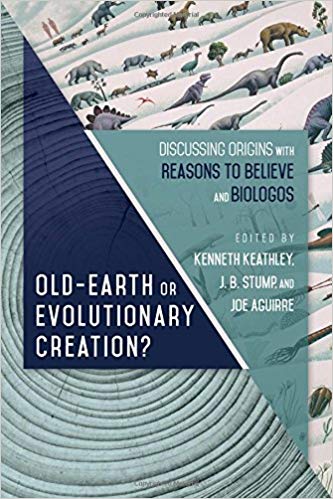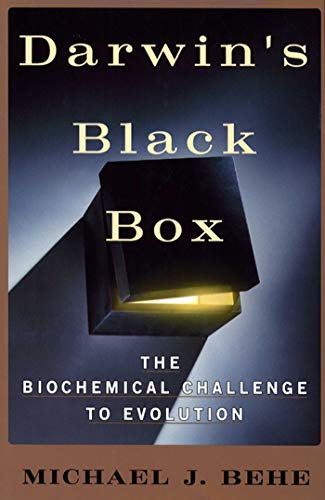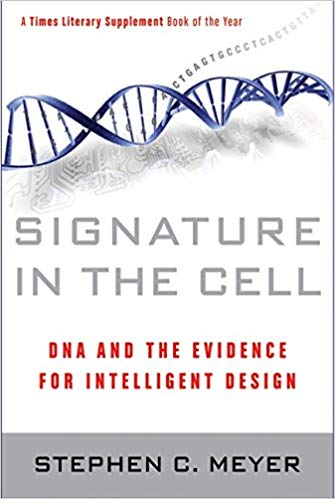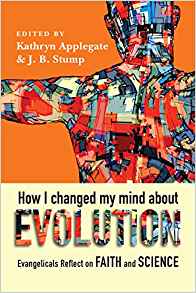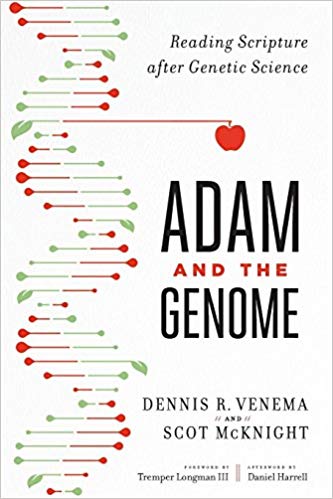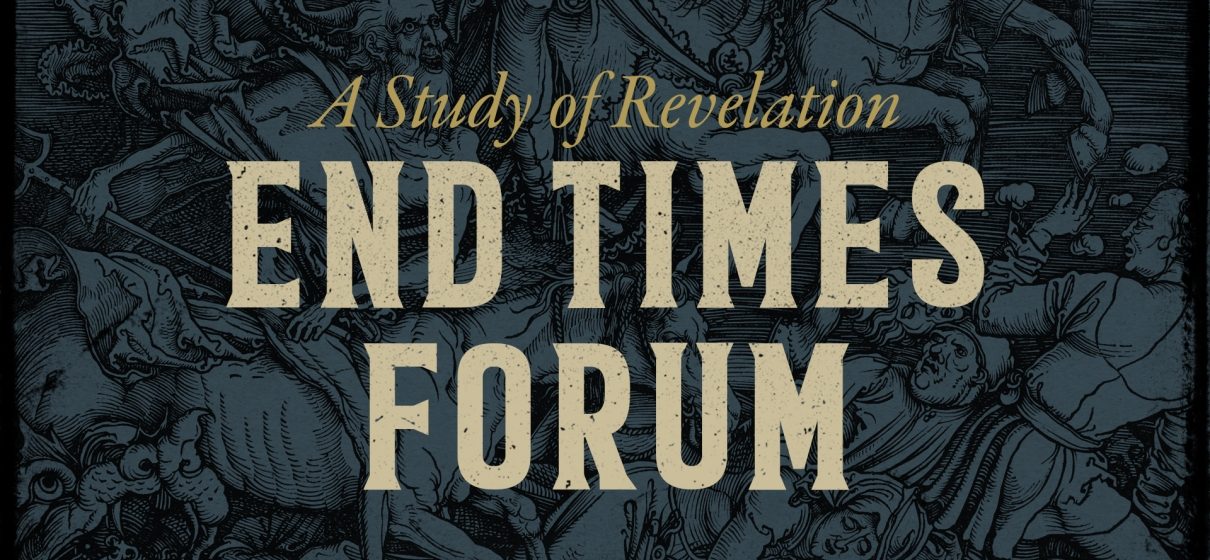A Study of Micah: The Disciplining Love of God
In the summer 2020 message series “For the Love,” the Clear Creek Community Church Teaching Team will examine one of the least known sections of the Bible, the books known as the Minor Prophets, to better understand the great love of God and our faithful response to that love. Join with us in reading each book along the way! Each Sunday afternoon we will post an introductory video by The Bible Project and a 5-day reading plan with reflection questions to prepare you to hear the following Sunday’s message.
DAY 1—Read Micah 1-2
The book of Micah begins with a description of the coming of the Lord—and it is anything but comforting. Who is the Lord coming to judge in 1:1-9? What is their crime? Why is it significant that the Lord’s coming will tread on and melt the “high places” (v. 3)?
In Chapter 2, Micah continues to detail the guilt of his people, transitioning his focus from their sins against the Lord to their sins against their neighbors. What actions are they accused of in 2:1-3?
APPLY—Despite their patterns of idolatry and exploitation, God promises that they will not be completely consumed by the coming judgment. What image does he use to describe the future remnant of Israel in 2:12-13? How do we see this promise fulfilled in the coming of Christ (John 10:11-17, Mark 6:34)? What comfort do you gain from Jesus’ promise to guide and lead his people?
DAY 2—Read Micah 3:1-4:8
What political and religious leaders does Micah indict in Chapter 3? Of what sins are these groups accused, and how will they be punished for their actions?
The sinful actions of Israel’s leaders result in devastating judgment not only for them, but for the nation itself. How have they been building Jerusalem (the capital city) and Zion (the hill on which the temple stood) in 3:9-10? How will the judgment of God reverse their work (v.12)?
APPLY—Chapter 7 begins with a promise of restoration by contrasting the future preeminence of Mount Zion with both the devastation of the preceding verses and the idolatrous high places of Micah’s day. Why is it significant that all nations will be welcomed and taught on the mountain of the Lord (Acts 13:47-49)? How have you experienced peace and rest as you learn his ways and “walk in the name of the Lord our God” (v. 5)?
DAY 3—Read Micah 4:9-5:15
Today’s reading contains an extended image comparing God’s people to a woman enduring labor pains—great suffering leading to a glorious outcome. What suffering will the nation endure (4:10)? How do we see the promise of Micah 5:2 fulfilled in the coming of Jesus (Matthew 2:1-11)?
Chapter 5 ends with a description of the actions that the Lord will take to turn his people’s hearts back to worship of him. What will he take away from them (v. 10-14)? How is this both a punishment and an act of grace?
APPLY—Micah 5:4-5a contains a beautiful description of Jesus’ reign over our lives as a benevolent and majestic Shepherd-King. How has an awareness of both his strength and compassion brought security and peace to you? What can you do today to grow your awareness of his goodness amid life’s distractions and difficulty?
DAY 4—Read Micah 6
Micah utilizes the structure of a court case in Chapter 6. Who has been accused of a crime? Who has been wronged? Who are the judges?
God’s history of faithfulness serves to underscore Israel’s guilt in rebelling against his covenant. Of what good works on their behalf does God remind them? (See Exodus 7:1-5, Exodus 14, Numbers 22-24, Joshua 4) What do these stories reveal about his character—and about theirs?
APPLY—Micah 6:8 is probably the best-known verse in this book, but it is often quoted devoid of context. In verses 6-7, Micah is putting words into the mouth of the defiant people of God, sarcastically complaining about the seeming impossibility of pleasing God without even realizing that they have completely misunderstood what will actually honor him. What spiritual or religious behaviors do you sometimes believe will help you to earn God’s favor? What might it look like to instead “do justice, and love kindness, and to walk humbly with your God”?
DAY 5—Read Micah 7
Chapter 7 is in many ways more personally vulnerable than Micah has been so far. What image does he use in verse 1 to help the reader feel his sorrow? What is the source of his despair (v. 2-6)? What is the source of his hope (v. 7)?
As Micah identifies with his nation, he also comes face-to-face with his own sin. Yet his hope is found in God’s forgiveness rather than attempting to assert his own innocence (v. 8-9). How is Micah’s response an example for his people (and for us) when enduring God’s discipline?
APPLY—God displays both his commitment to justice and his unfailing covenant-keeping love in the closing verses of Micah. While his holiness demands that sin be punished, he promises future compassion because of his promises to Abraham and Jacob (Genesis 17:1-8, 28:10-15). How are God’s justice and mercy both displayed at the cross, according to Colossians 2:13-14? How does this reality shape how you relate to God as Savior?






